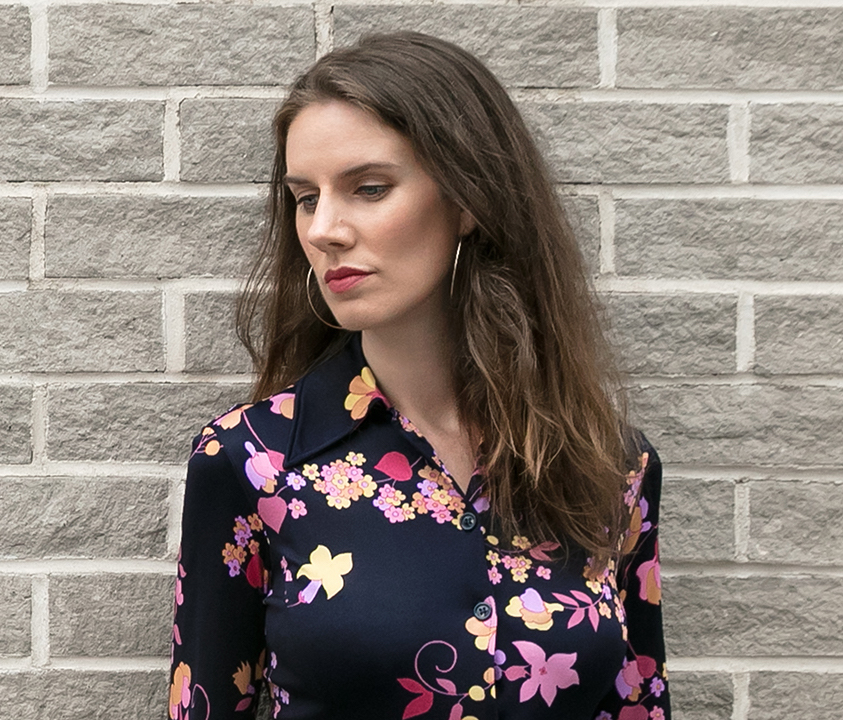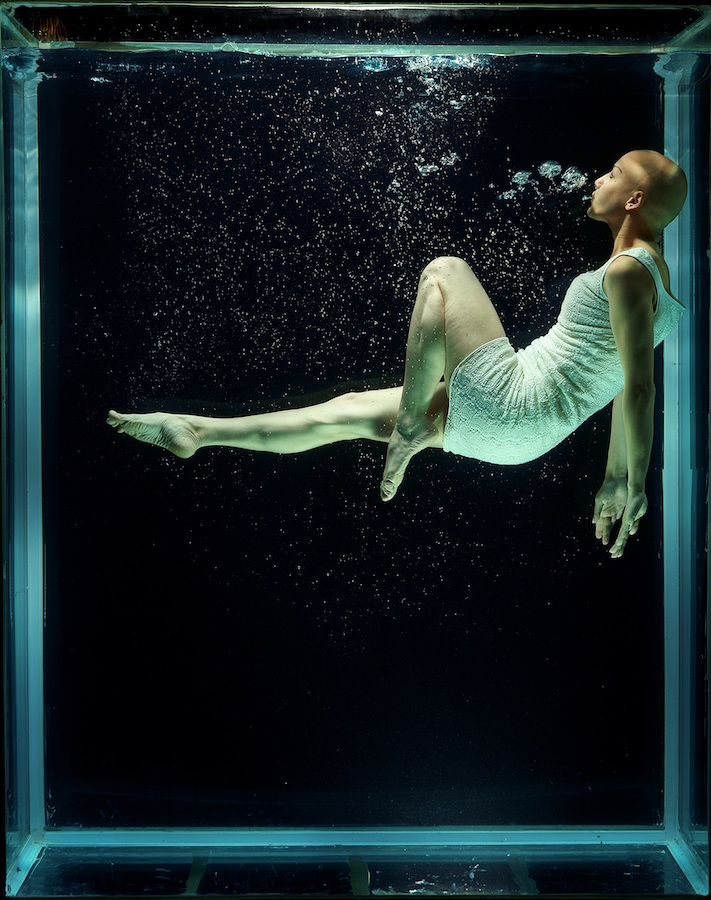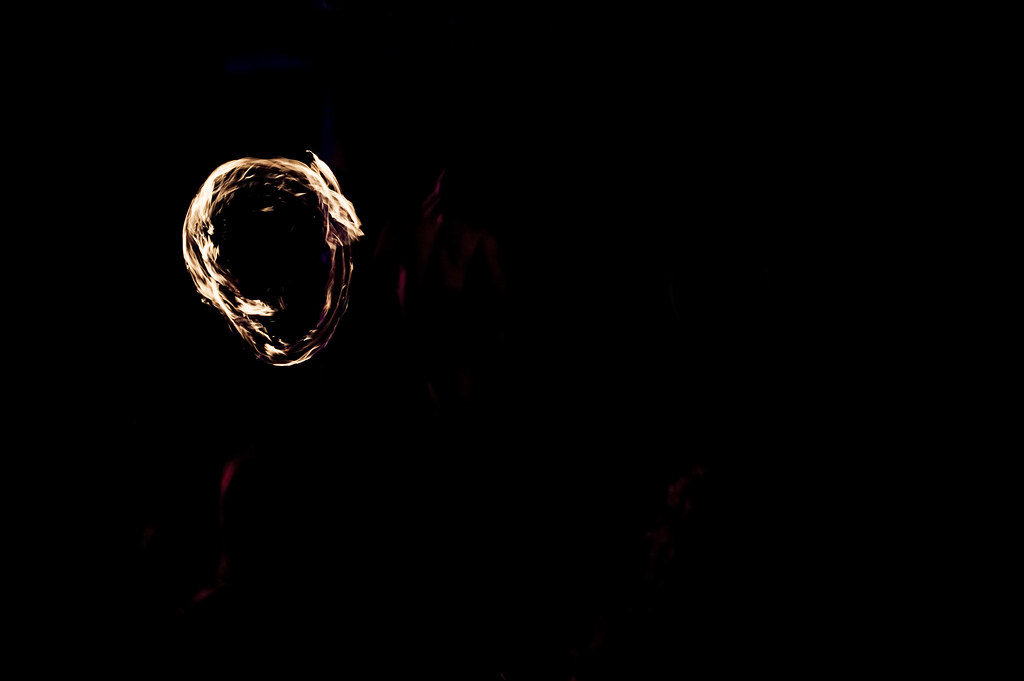In this interview, Online Nonfiction Editor Vera Carothers spoke to writer Leslie Jamison about her new book of essays Make It Scream, Make It Burn, the slow burn of revision, and how she writes her lyric endings. Leslie Jamison is the author of the New York Times bestsellers The Recovering and The Empathy Exams, and the novel The Gin Closet. She is a contributing writer for the New York Times Magazine, and her work has appeared in publications including The Atlantic, Harper’s, the New York Times Book Review, the Oxford American, and the Virginia Quarterly Review. She directs the graduate nonfiction program at Columbia University and lives in Brooklyn with her family.
How did it feel to go back to writing essays after writing your memoir The Recovering?
There was a lot that was freeing and exciting to me about understanding continuity or coherence in a more spacious or capacious way than when you’re writing a book, even if it has lots of different strands like The Recovering did. Part of what I love about the form of the essay collection in addition to all the things I love about just the essay itself as a single unit is that you can inhabit slightly different versions of your own voice essay to essay. So like I can inhabit a more reportorial self in some of the early essays or a more introspective self in some of the later essays. But I can also inhabit a more weary or impatient self in certain essays or a more earnest and wondrous self in other essays.
Like in “Layover Story,” an essay about encountering some strangers in a 24 hour period in which I was laid over in Houston. I was experimenting with letting a slightly different kind of voice on the page who gets a little bit more fed up than some of the personas in other essays. Or like “Rehearsals,” which is an essay about going to weddings. In that one, I was letting myself inhabit a version of my own voice that was odd and vulnerable and a little bewildered and a little bit hurt and a little bit hopeful. The self that I was in that essay didn’t have to feel totally aligned with the self that I was elsewhere. I could just Whitman-style let myself contain multitudes without having to line up all their edges.
How did you go about arranging the essays in the book?
Initially my idea for ordering the collection was to structure a collection that was the inverse of how The Empathy Exams had been structured, where it started in a very personal place and then tracked that very explicitly subjective confessional narrative as I looked outward at other things. In this book, I was interested in creating a structure where you started with the outward gaze and then peeled away layers from that outward gaze to give way to more personal narrative. This is where the three parts came from—thinking about moving from reportage to criticism to something more like personal essays.
What was great was that structure was organized around methodology but that it ended up giving way to a little bit of a plotline across the essays. A lot of the early essays are concerned with various forms of longing. Across the course of the collection you’re with this narrator as she moves from examining states of distance and longing to examining states like closeness or dwelling or proximity. She’s figuring out what happens when you don’t just long for a thing but you actually have a thing and then how do you live with that having. That was a nice discovery or surprise—that a structure that was motivated by mode ended up having this kind of thematic arc that emerged across it as well.
You have this ability to enter into the subject’s world, such as when you’re experiencing Annie Appel’s fascination with her subject and you become obsessed with her obsession. It’s really interesting to me how as a writer you perform this fascination for the reader and it allows us to see what you’re seeing with the same intensity that you’re seeing it. I’m curious how much you are performing obsession on the page or how much are you truly like, “I can’t sleep because I’m so obsessed with this”?
For sure I think there’s a performance of obsession that’s happening on the page. There’s one understanding of performance where we think of performance as making something up or exaggerating it. Probably the forms of performance that I am more guilty of have to do with selecting some strands and not others. I might narrate the moments that become a little bit more fraught between me and Annie Appel but of course there were a thousand moments that were unfraught and so by choosing to bring in the fraught moments that cast the whole thing with a more urgent glow. That’s one particular version of how nonfiction is simultaneously constructed and true. It’s not constructed because you’re making up something that didn’t happen but it is constructed because you’re choosing to narrate this thing and not that thing and that inevitably like distorts or inflect things in a certain way.
One of the other things from the Annie Appel essay that was really compelling to me was when you wrote about how she was present in the photographs herself and exploring intimacy with her subjects. You wrote about how intimacy is actually about fear and distance within intimacy. I’m curious how did you come to view intimacy or the relationship between the subject and the writer differently through writing about these things?
That Annie Appel essay was one that I was working for four years. I went through lots of different forms that included lots of different things. I do believe that when you sit with a subject for a long time you both give the subject a chance to surprise you and to get more and more complicated and you give yourself a chance to uncover the layers underneath the layers that were initially fascinating to you. You just have to keep showing up and then the good stuff arrives when you’re not expecting it, which is obviously also contained in her photographic process. Part of what it means for Annie Appel to keep showing up in a dynamic with this family for 30 years is that she’s continually making herself available for the moments or the frames that are going to capture something meaningful but she can’t ever quite know when those moments or frames are going to arrive.
To bookend with a question about your writing process—what did it take for you to keep showing up and working on these essays, many of which you had been working on for years before they were published?
I guess over the years I’ve come to feel genuinely excited rather than just burdened by the idea of sitting with a subject for a long period of time. I’ve seen over and over again the ways that giving something time or working on it and taking time away from it and then returning to it can open it up again in new ways. Part of it is that I just really believe in the slow burn of a piece and also that I’m often working on projects simultaneously. It feels like part of the natural rhythm of having a few projects going at once is to work on something for a few months and then let it sit for six months. Sometimes you can have a resistance to working on something and that means there’s something fraught or hard there that you need to be engaging with. But sometimes it can be really fruitful to give yourself some time away from it and come back.
I was really enthralled by many of your endings and I noticed that a lot of them seemed to play more on poetic logic than a sense of narrative conclusion. I was thinking about the game telephone—where you start with one phrase but then you end with something totally different—and I was thinking about reading the first sentence of one of your essays and reading the last sentence and being like “how did we get here?” How did you think about some of those endings?
First of all, I love that metaphor or framework of telephone as a way to think about the thought process of an essay or one possible way of thinking about the plotline of an essay. That may be a way of thinking about the collection as a whole, too. It’s like a game of telephone where some idea about telling stories that make sense of the world is getting passed along from one essay to the next.
In terms of endings, often I let myself write endings in a pretty intuitive prose-driven way and what I feel most connected to is the emotional logic of where I want the piece to arrive. So, for example, the reincarnation piece, which has a very different ending in the book than it does in Harper’s would be an example of a place where I was letting myself write very intuitively. The upswelling of feeling that I wanted to capture with that lyric ending was this deep hunger or desire to connect to something outside the visible framework of mortal life, whether that was a previous life or the possibility of a future life or the possibility of somebody who’s dead coming back. It’s that yearning that I wanted to find language for but it’s not like the only possible language you can have for yearning is to explicitly state the abstract state of yearning. In the case of that ending, the phrase “come back” recurs a lot and that phrase “come back” becomes a kind of possible vessel for that yearning.
It’s interesting for me to learn that that piece had different lives itself but in this one you reclaim what you always felt to be the emotional center of the piece, which is your desire to believe. It’s almost like you’re saying it doesn’t make sense but I just want this to be true, this is my emotional truth in this moment, even if it doesn’t fit into the structure of what the piece should give a reader by the end or whatever.
Yes, totally. I mean the back story of that piece is that it actually had even one more life than that which was that it was initially commissioned by New York Magazine and they killed it, I think because it wasn’t skeptical enough for them. And so then it went to Harper’s, where they were maybe more open to a certain kind of agnosticism in the piece but still wanted its center of gravity to be in a more reportorial vein. That was like the second life of the piece and then it had this third life in the collection where it could, as you’re saying, center where I wanted it to.
Okay, I have one last question. I’m curious what you identify as your literary lineage, maybe just for this collection or maybe in general. Who do you feel like you’re walking in the footsteps of?
Certainly James Agee is a big figure looming over this collection and some of that lineage shows up explicitly in the essay about him thinking about this very fraught entanglement with the people that you’re writing about and not only feeling that fraught entanglement but trying to make room for the articulation of that fraught entanglement on the page—that shows up in a lot of different essays. I think of a lot of my lineage as forms of wrestling rather than just forms of awe or admiration. So Agee is somebody I feel like I wrestle with. Didion is totally somebody I feel like I wrestle with. A lot of Didion I don’t even like that much but I’m constantly thinking about it and I constantly feel like I’m writing in relation to it. The essay “We Tell Ourselves Stories in Order to Live Again” is not just a titular reference to Didion but I’m really arguing with her through a lot of that piece around why is this knee jerk valorization of skepticism as the most rigorous form of relating to the world necessarily more pointed towards truth then certain forms of belief or wanting to ask the question, “What can we stand behind?” rather than the question “What can we doubt?” A lot of that is so deeply in relation to her even if it’s kind of like arguing against her.
Sontag is also a figure that I feel like a lot of this collection is addressing itself towards. There are certain ideas of hers that I feel like I’m constantly writing in relation to. One of her ideas shows up in three separate places in my collection and part of what was cool about making it a collection is that I wanted to make that a little bit of a plot line as opposed to just like a repetition where it’s like oh this idea is coming up again, more like how can we understand this idea a little bit differently each time?




